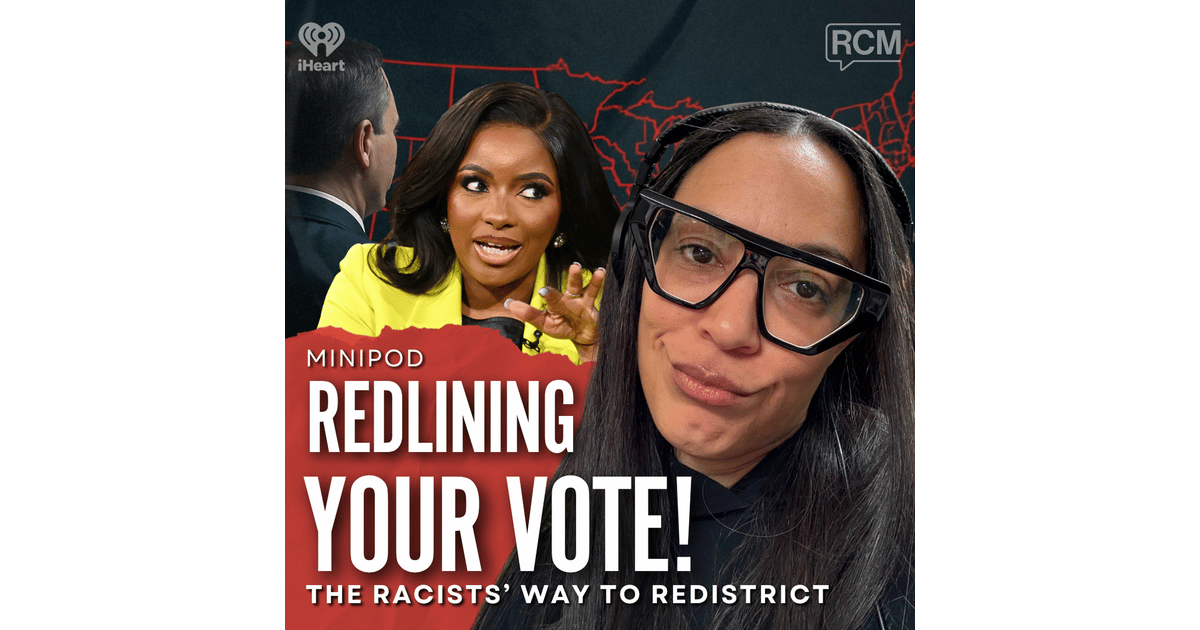- BlackVoter.Org
- Posts
- BlackVoter.Org
BlackVoter.Org


In a striking shift, over 70% of Black voters now disapprove of President Trump, erasing the momentum he gained during the 2024 campaign. Polling data reveals a sharp increase in discontent, with a staggering 71.
5% expressing disapproval as of July 7, compared to a 63.7% disapproval in mid-June.
This slump in support comes despite Trump's earlier gains among Black voters, where he secured 15% of their votes, up from 8% in 2020. Factors contributing to this decline include economic concerns linked to inflation and the president's controversial policies, such as tax cuts for the wealthy and cuts to Medicaid that disproportionately affect Black communities.
Additionally, Trump’s actions against diversity programs and historical reckonings have not gone unnoticed, suggesting a troubling trend for his prospects among this vital voter demographic as the 2024 political landscape unfolds.

In his compelling new book, "One Nation Always Under God: Profiles in Christian Courage," Senator Tim Scott passionately defends the vital role of faith in America, responding to increasing public ridicule against religious expression. Prompted by the backlash against Kansas City Chiefs kicker Harrison Butker's controversial commencement speech, Scott sees this moment as symptomatic of a broader societal trend.
Through impactful stories, he highlights the lives of Christian figures who have shaped American history, including his own mother. While asserting that his book is not a political memoir, Scott delves into political and cultural divides, emphasizing the power of faith over government in mobilizing communities, especially in times of crisis.
He stresses that local faith-based organizations are often the true first responders in disaster situations, reminding readers of faith's centrality in American life—a message underscored by endorsements from prominent figures, including former President Trump.

In a provocative move, former President Trump is pushing to reinstall the controversial statue of Confederate General Albert Pike near Capitol Hill, stirring fierce debate about the nation's history. Critics argue this decision represents a regressive stance, aimed at glorifying a past intricately tied to racism and the Confederacy, while simultaneously sidelining Black history and figures of significant impact, like the Tuskegee Airmen.
Trump's actions, including attempts to restore Confederate namesakes and monuments, have raised alarms about a deliberate effort to rewrite history through a racially biased lens. As the nation grapples with its legacy, many, including North Carolinian columnist Sara Pequeño, advocate for a move forward that honors diverse contributions rather than those steeped in oppression.
With statues of historical figures at the forefront of cultural debates, the call to reflect on whose legacies are celebrated is louder than ever.

In a thought-provoking piece, Jamelle Bouie argues that the Voting Rights Act of 1965 is on the brink of extinction, particularly following the Supreme Court's looming decision in the case of Louisiana v. Callais.
He highlights the state's controversial districting that sidelines Black voters, underscoring a racially polarized political landscape. Bouie predicts the court, under Chief Justice John Roberts, will likely undermine critical sections of the Voting Rights Act, echoing historical tensions between racial equality and electoral rights.
Despite the relentless erosion of this landmark legislation, he emphasizes its enduring symbolic power in the collective fight for a diverse democracy. The Voting Rights Act stands not just as a law, but as a testament to the progress made and a potential roadmap for a more inclusive future.
With its legacy at risk, Bouie's call to action implores society to uphold the ideals of political equality and the right to vote for all.

In a time of political turmoil, collective action and coalition-building remain vital for meaningful change, a lesson underscored by historical movements like the Mississippi Freedom Movement. The article highlights how diverse coalitions, notably between the Young Patriots and the Illinois Black Panthers, successfully tackled racism and poverty by uniting different social groups.
This cross-class and multiracial collaboration proved to be powerful, yet it came with challenges, including tension and differing agendas among participants. The Mississippi Freedom Democratic Party exemplified this struggle, bringing together Black Southern activists and Northern white students to advocate for political representation.
While their efforts reshaped racial politics, internal disagreements eventually led to fragmentation. Today's activists can learn from these historical examples that intentional outreach and effective communication can strengthen coalitions, while also being cautious of the pitfalls caused by a lack of inclusivity.
Emphasizing these strategies could be key for contemporary movements seeking to push back against systemic injustices.

In this thought-provoking episode of the Native Land Pod MiniPod, hosts Angela Rye and Andrew Gillum tackle the controversial issue of redistricting and its implications on democracy. Under pressure from former President Trump, Republican-controlled states are resorting to gerrymandering—manipulating electoral maps to favor their party—while undermining representation for Black communities and others.
The duo delves into the mechanics behind electoral map creation and the complex battle between independent and political commissions in drawing fair district lines. They highlight the ethical dilemmas and real-world stakes at play, asking how we can protect democracy against these power grabs.
With a sense of urgency, they remind listeners that democracy is not guaranteed—it’s a struggle that demands active participation and vigilance.